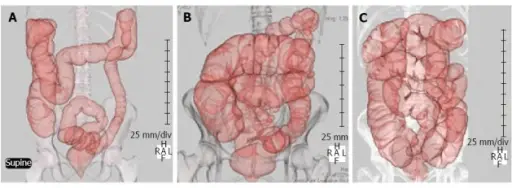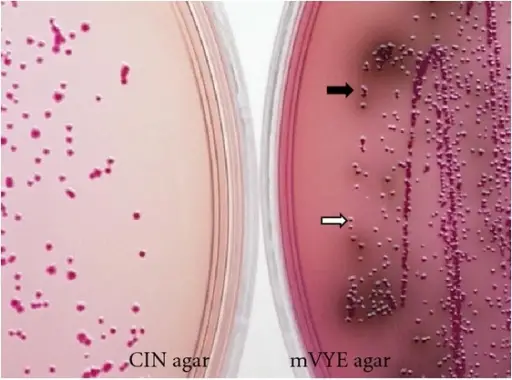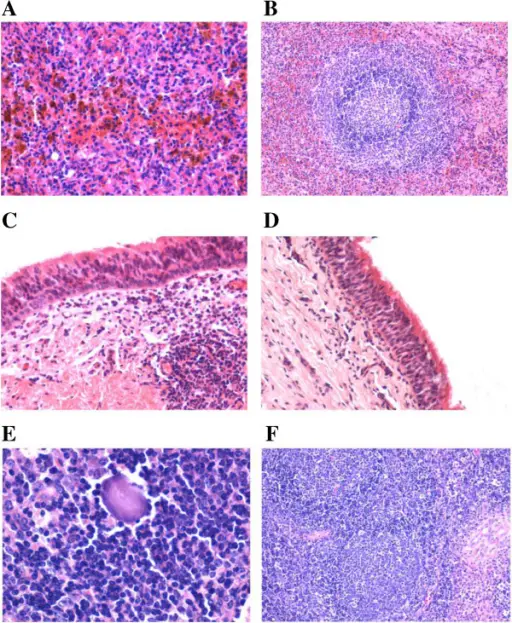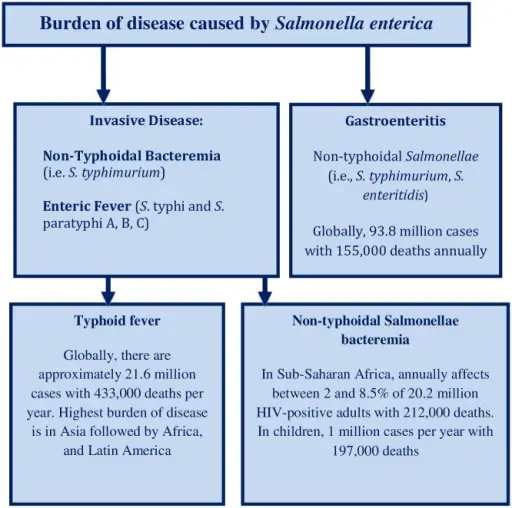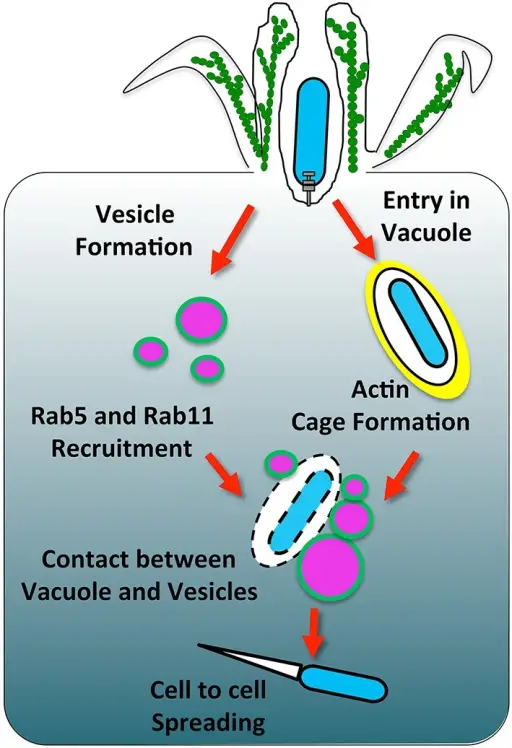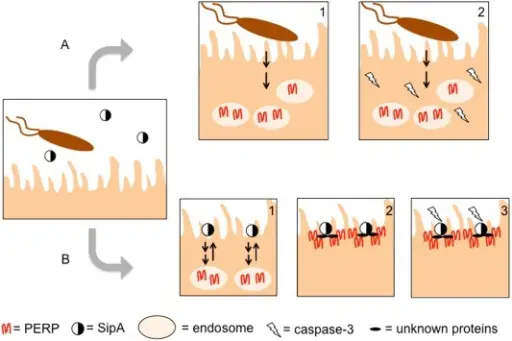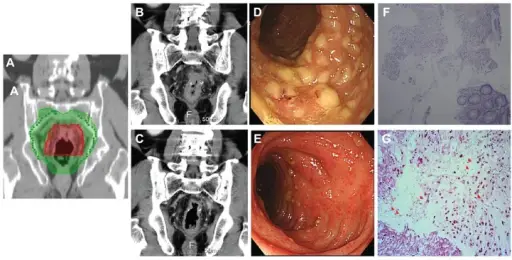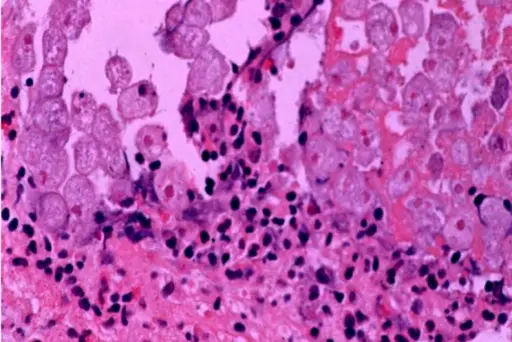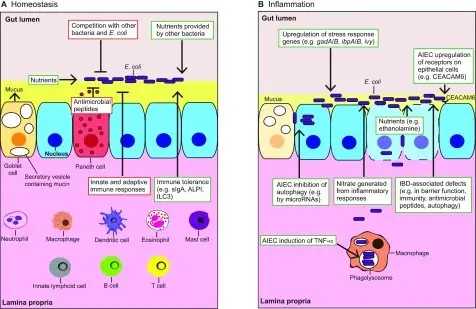What is Irritable Bowel Syndrome?
Irritable bowel syndrome is a group of symptoms that occur together, including repeated pain in your abdomen and changes in your bowel movements, which may be diarrhea, constipation, or both. What is the Pathology of Irritable Bowel Syndrome? The pathology…

